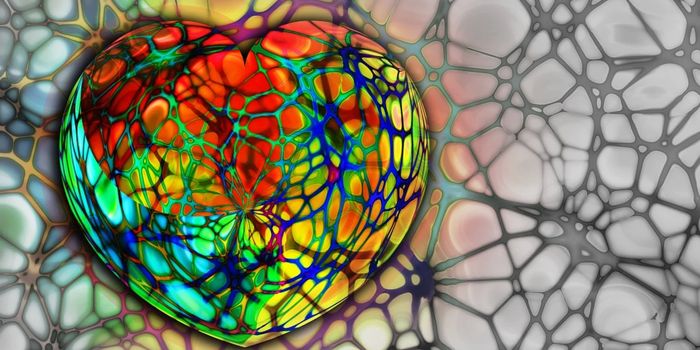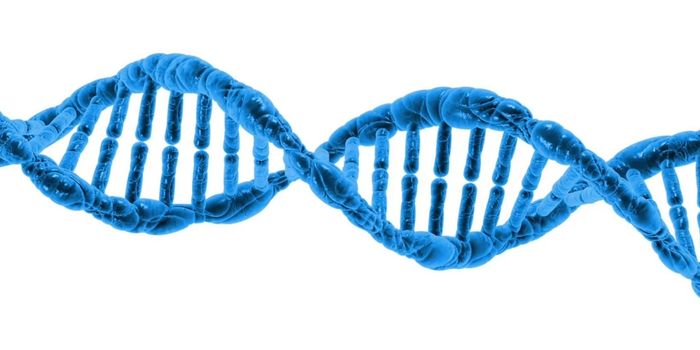Life expectancy in the US is at an all-time high, according to a 2014 report released by the Centers for Disease Control (CDC). That report listed life expectancy on the average at 78 years and 9 ½ months and revealed an interesting discrepancy: a girl born in 2012 could expect to live to81.2 years, while a boy born in the same year could expect to live to age 76.4 (http://news.health.com/2014/10/13/why-do-women-live-longer-than-men/).

Why are 95 percent of supercentenarians - people who live to 110 - women? What is it about women that enables them to live longer?
Stanford University researchers Ben Dulken and Anne Brunet believe that the answer is in the stem cells. They argue that researchers need to investigate the differences in regenerative decline between men and women. The researchers believers that this type of investigation could uncover new explanations as to the ways in which the sex hormones estrogen and testosterone, or possibly other factors, such as stress and risk taking, modify lifespan.
According to an article in Science Daily, "Why Are 95 Percent of People Who Live to 110 Women?" (June 4, 2015), scientists know that "estrogen has direct effects on stem cell populations in female mice, from increasing the number of blood stem cells (which is very helpful during pregnancy) to enhancing the regenerative capacity of brain stem cells at the height of estrus" (www.sciencedaily.com/releases/2015/06/150604141903.htm).
The specific effect that these changes might have on the human lifespan is what researchers want to understand. Studies that have been done in the past few years have determined that estrogen supplements add time to the lifespan of male mice. Researchers have also discovered that human eunuchs have a lifespan that is about 14 years longer than that of non-castrated males.
Scientists believe that additional work is necessary to determine how genetics impacts stem cell aging between the sexes. They have found that knocking out different genes in mice can increase the longevity of one sex but not of the other. Another factor is that "males in twin studies have shorter telomeres -- a sign of shorter cellular lifespan -- compared to females, the article said.
Dulken and Brunet concluced, "It is likely that sex plays a role in defining both lifespan and healthspan, and the effects of sex may not be identical for these two variables. As the search continues for ways to ameliorate the aging process and maintain the regenerative capacity of stem cells, let us not forget one of the most effective aging modifiers: sex."









